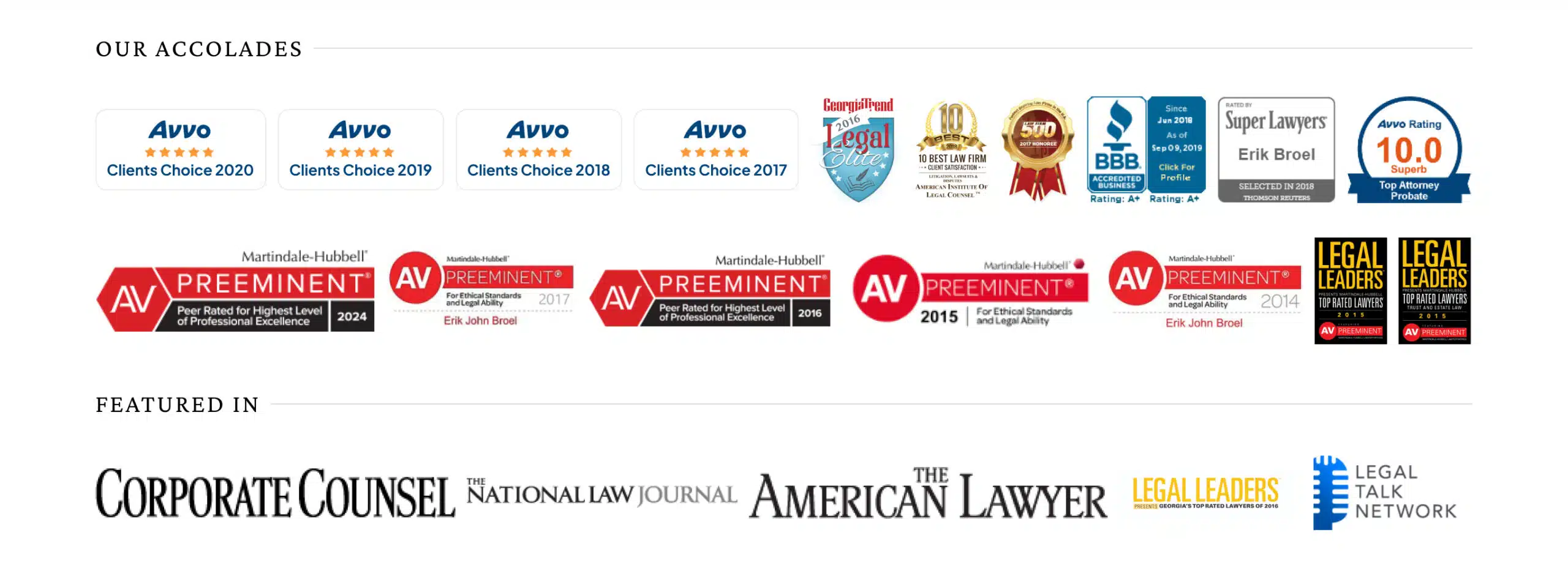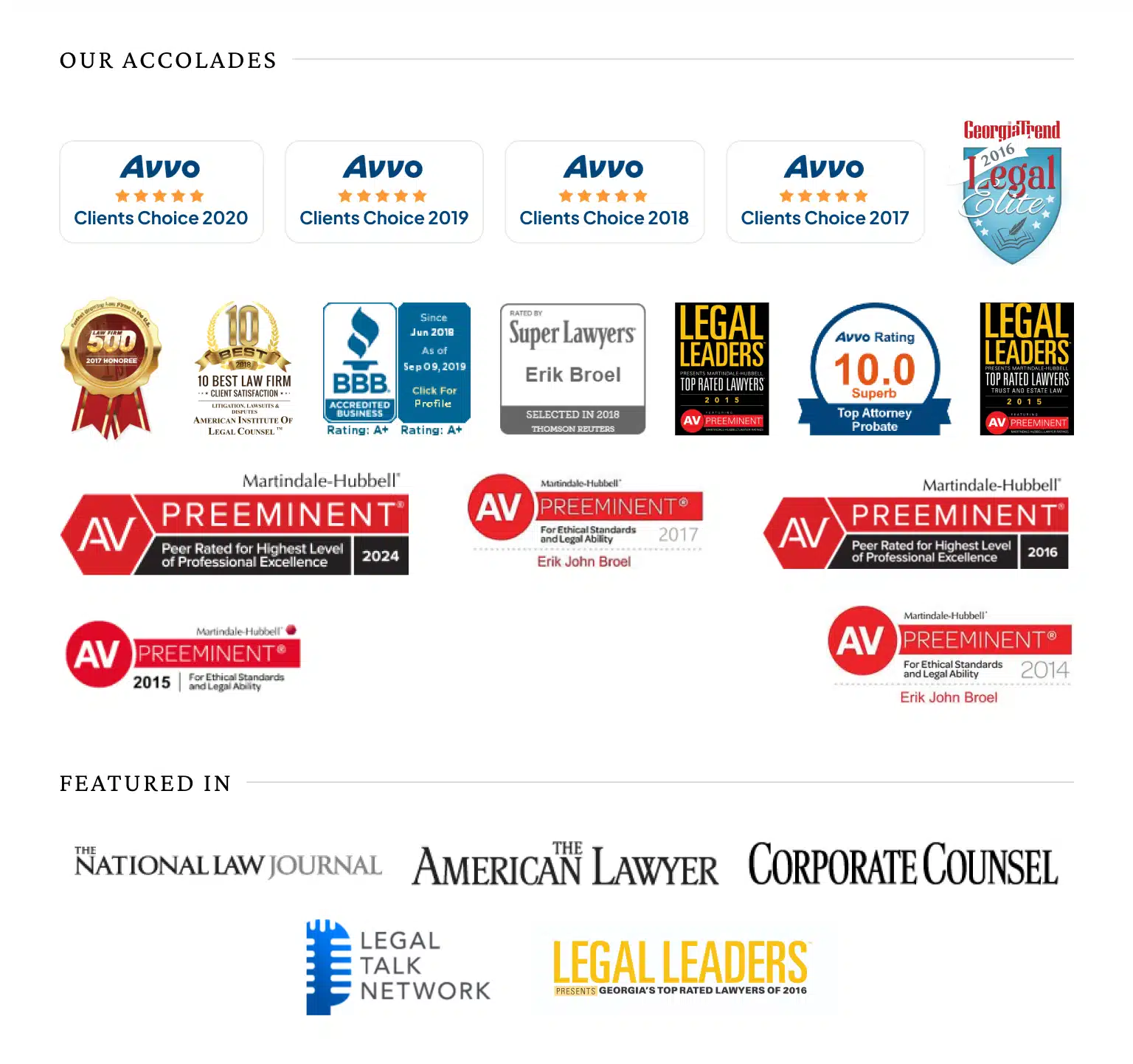Have you just lost a loved one and need to file for probate? This can be a confusing and overwhelming process, especially when you don’t know who pays probate attorney fees. You have to follow many steps, and it’s easy to make mistakes that cost you time and money.
Hiring an experienced probate attorney is the best way to ensure your case is handled appropriately. A good attorney will guide you through the entire process and help you protect your interests. If you are looking to hire a probate lawyer, you might wonder how much they will charge you and what payment options you have.
In this blog post, we will discuss common estate attorneys’ fees and the different payment structures they charge and provide tips on reducing these costs.
Read on to find out more:

Typically, understanding how much does it cost to probate a will and who pays probate attorney fees are some of the biggest problems related to probate.
The higher the expenses, the fewer assets the beneficiaries will receive from the deceased’s estate.
However, it is worth mentioning that probate costs are not fixed and can be influenced by several factors, such as:
Lawyers usually charge for probate work using one of three methods:
Many probate lawyers charge hourly rates for probate or other estate administration work.
In fact, according to Martindale-Nolo Research’s 2018 survey on estate planning and administration, 6 out of 10 responders stated they paid attorneys an hourly rate.
Usually, an experienced probate attorney with more years in practice charges more than those with less experience. However, a higher hourly rate doesn’t necessarily mean higher costs. This is because, many times, a highly experienced lawyer handles a probate case more efficiently than a less experienced one.
32% of participants in the same survey stated that the lawyers they hired charged a single or separate flat fee for each service they provided.
This type of payment structure can be beneficial for both the client who pays probate lawyer’s fees and the attorney because it provides a level of certainty and allows both parties to budget the costs for legal services. The potential downside to a flat fee payment arrangement is that it typically will not cover any additional work that may need to be completed on the case without additional payment.
A percent-based fee is an amount a probate lawyer charges based on the estate’s gross value, not the net one. This payment method is allowed only in a few states (such as Arkansas, California, Iowa, Florida, Missouri, and Wyoming).

The decedent’s location, the complexity of the estate, the probate attorney’s experience, and the duration of the probate process are some of the factors that influence probate lawyer fees:
The complexity of the estate plays a crucial role in determining estate attorney fees.
A more complex estate, with real estate and diverse assets such as businesses or investments in multiple states, inevitably requires more time and effort from the attorney to navigate the legal intricacies and ensure proper administration. This increased workload translates into higher attorney fees.
In contrast, more uncomplicated estates with fewer assets and straightforward liabilities may warrant less extensive legal involvement, leading to lower attorney fees.
For instance, the probate process for a small estate with a primary residence, a few bank accounts, and minimal debts are typically less demanding than that of a large estate with intricate ownership structures and complex financial dealings.
The probate attorney’s geographic location and professional experience also influence the fee structure and the amount of money you might pay.
This difference reflects the variations in living expenses and the overall cost of doing business in different locations.
Similarly, the attorney’s expertise and experience significantly impact fee structures.
More experienced attorneys with a proven track record in handling complex probate matters typically command higher rates due to their in-depth knowledge, problem-solving skills, and ability to resolve legal challenges efficiently. Their expertise can be particularly valuable in disputes among heirs, potential tax implications, or intricate asset distributions.
The length of the probate process is also a key factor affecting attorney fees. Probate processes can vary in duration depending on many factors, such as the estate’s complexity, the court system’s efficiency, and the cooperation of beneficiaries and creditors.
Longer probate processes typically result in higher attorney fees, as the attorney is engaged for a longer period.
In some situations, probate lawyers charge a retainer fee in advance.
First, it’s important to understand that in Georgia, the probate attorney represents the estate’s administrator or executor, not the estate itself. Under Georgia law, the estate does not exist separate from the personal representative.
Since the personal representative hired the lawyer, they are responsible for paying the fees. They are considered administrative expenses paid from the estate’s assets before making any distribution to the beneficiaries.
Georgia law permits estate assets to be used in several ways to pay legal fees and reimburse the appointed administrator/executor for previously paid expenses.
How that applies to a particular situation will depend on the Personal Representative’s powers:
While probate attorney fees can be significant, there are several strategies you can employ to minimize these costs and ensure you receive the most value for your legal representation.
Begin by gathering and systematically organizing essential documents such as the deceased’s will, birth and death certificates, trust agreements, insurance policies, and property titles.
In addition to these primary documents, gather any records related to the deceased’s financial assets, such as bank statements, investment portfolios, tax returns, and loan agreements. This information can speed up the lawyer’s examination of the estate’s financial condition.

Promptly notify your attorney of any new assets or liabilities discovered, changes in beneficiary designations, or potential disputes among heirs.
Also, it’s essential to regularly update your attorney on any communications with the court, creditors, or other parties involved in the probate process.
This transparency ensures the attorney remains fully informed and can anticipate potential challenges or complications.
There are some assets that may be able to avoid probate in Georgia. Some of the non-probate assets are:
These assets will be distributed directly from the financial institution to the designated beneficiary (e.g., surviving spouse or family members).
As you navigate the complexities of inheritance distribution, understanding who pays the probate attorney fees and the factors influencing those costs is crucial to making informed decisions and managing financial obligations.
We understand that this can be a difficult time for families, and we want to do everything possible to make it as easy as possible for you. Reach out to our office to schedule a complimentary consultation with a member of our team.
Disclaimer These websites have not been reviewed by Georgia Probate Law Group and are not endorsed or even recommended by Georgia Probate Law Group. These websites are additional resources that you can use to further your general education on this topic.
Disclaimer: The information above is provided for general information only and should not be considered legal advice. Our probate attorneys provide legal advice to our clients after talking about the specific circumstances of the client’s situation. Our law firm cannot give you legal advice unless we understand your situation by talking with you. Please contact our law office to receive specific information about your situation.
Compassionate listeners, knowledgeable guidance. Schedule a free consultation with our team and let us help you and your family with your legal concerns.
GET IN TOUCH 770-796-4685Learn Important Probate Essentials, including key things that go wrong in an estate, how to prevent them, and what to do if they happen.



© 2025 Georgia Probate Law Group by Broel Law, LLC. All rights reserved.